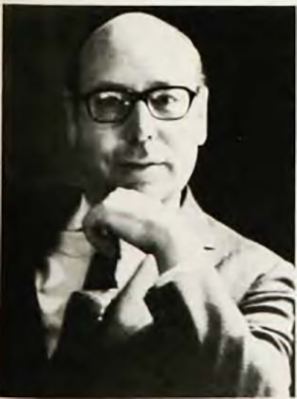
Horace Dwight Taft, professor of physics at Yale University and former dean of Yale College, died of a heart attack Saturday while working in his office at the Josiah Willard Gibbs Laboratories on the Yale campus. He was 57 years old and lived in New Haven.
Professor Taft was the grandson of President William Howard Taft, and the son of the late Senator Robert A. Taft of Ohio. The professor was noted for his work in high-energy particle physics and the application of computer systems to research in that area.
Professor Taft joined the Yale faculty in 1956. He was named professor in 1964 and served as master of Davenport College, one of Yale’s 12 residential colleges, from 1966 to 1971, when he became dean of Yale College. He was dean until 1979, when he returned to teaching and research.
The professor was part of a group of American and European physicists whose research in 1962 led to the discovery and identification of one of the last predicted antimatter particles, known as the anti-XI-minus. The discovery helped establish the symmetry between matter and antimatter, a form of matter in which the property of each particle is the reverse of the usual matter in the universe. Work on Subatomic Particles
A year earlier, Professor Taft, working with Prof. Irwin Pless of the Massachusetts Institute of Technology, developed a device to help physicists read automatically the photographs of paths of subatomic particles and to extract highly specific kinds of information from them. At the time of his death, he was involved in research to find a particle called the Tau-neutrino.
Mr. Taft was born in Cincinnati. He went to the Taft School in Watertown, Conn., which had been founded by a grand-uncle, Horace Dutton Taft. From 1943 to 1946, he served in the Army.
He enrolled at Yale in 1946 and received a Bachelor of Arts degree in 1950. He studied at the University of Chicago under the physicist Enrico Fermi. He received both a master’s degree and a Ph.D. in physics from the University of Chicago, where he served as a research assistant before joining the Yale faculty as an instructor in physics. Involved in Study Programs
He served on numerous committees, including a special faculty group that established seminars for Yale’s residential colleges. He also was director of undergraduate studies in physics. The Taft family had been closely associated with Yale for five generations; the professor’s father, grandfather and great-grandfather served as trustees.
This article is adapted from the obituary which appeared in the New York Times issue of February 14, 1983.